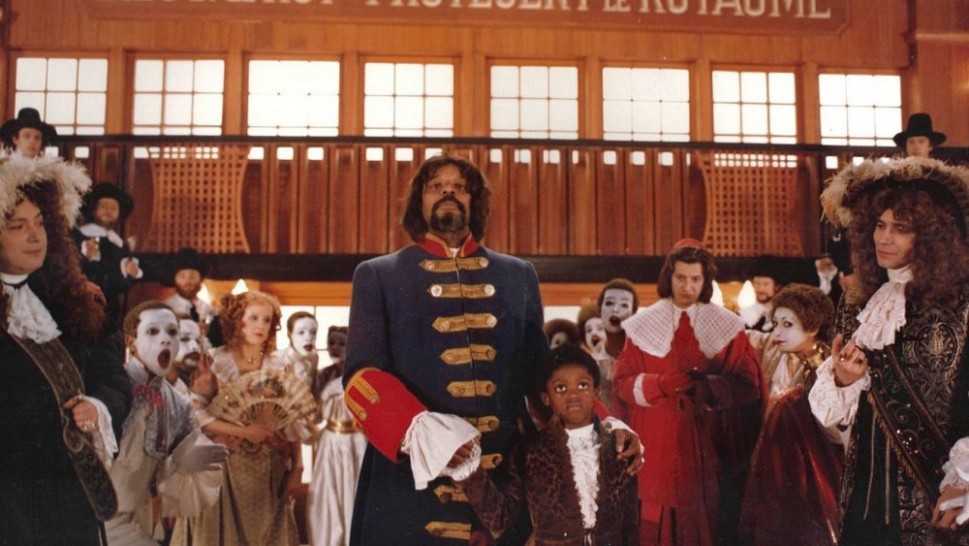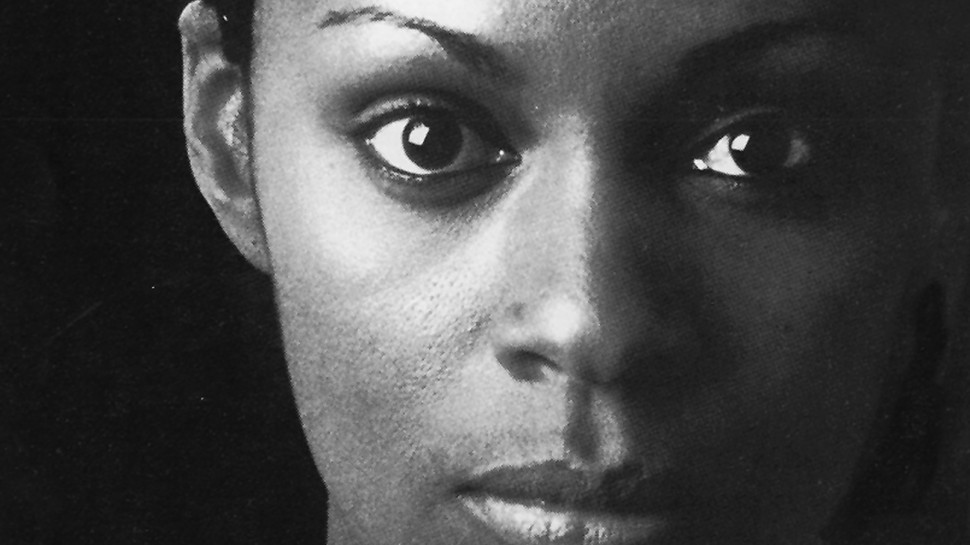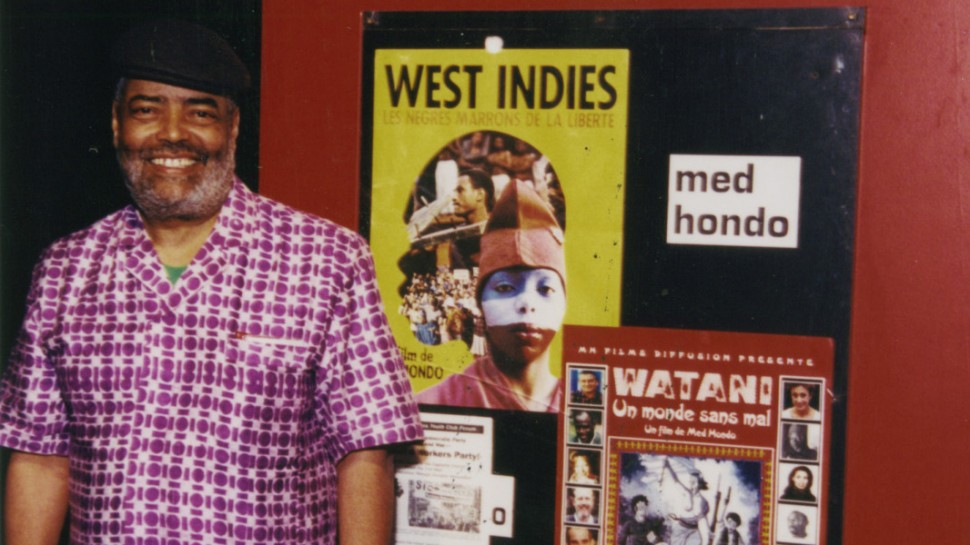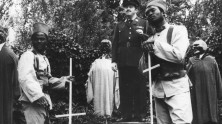


African Perspectives:
Med Hondo
This year’s recipient of the Genevieve McMillan and Reba Stewart Fellowship for Distinguished Filmmaking is director Med Hondo. Son of a Senegalese father and Mauritanian mother, Abid Mohammed Medoun Hondo was born in 1936 in Ain Ouled Beri Mathar, in the Atar region of Mauritania. As a young man, Med Hondo traveled as an immigrant worker to France, where eventually he developed an interest in theater and formed his own performing group, "Shango," named after the Yoruba god of thunder. At the same time, he began to learn about the cinema and in 1966 made his first short film, Ballade aux sources, which tells of an African who returns, disillusioned, to his native land after working and living in dreadful conditions in France. Four years later, drawing on the same wealth of experience and emotion, Med Hondo directed his now renowned debut feature, Soleil O. Praised at the 1970 Cannes Film Festival both for its thematic content and the originality of its formal presentation, Soleil O takes its title from a West African lament about people transported from Africa to be sold as slaves in the Caribbean. Symbolically linking their fates to those of contemporary Black workers in France, the film is a succession of forceful tableaux describing the illusions and miseries of African migrant workers.
Although labeled a "militant" filmmaker, across his career Med Hondo has developed rich and powerful forms of storytelling, drawn from the West African oral tradition of the griots. These are films that forcibly seek to dismantle what the director has called "the narrative and psychological mechanisms of traditional [Hollywood] drama-turgy," in the hopes of raising consciousness. From West Indies, a vast musical fresco covering nearly four-hundred years in the history of the French West Indians, from their enslavement to their present-day displacement in France, to Sarraounia, the valiant story of a West African queen who opposed French colonial troops at the end of the nineteenth century, Med Hondo has offered up to the viewer impassioned examinations of colonial history and its consequences. "For three centuries, due to historical circumstances, a whole people has been led to believe that it was superior to the people it had colonized," Med Hondo states. "Such an ideology has not been eradicated in the past twenty years in spite of the independence of African countries. People should be educated about the richness of the African heritage and the discrimination faced by immigrants in France. I hope my films explain Africa and the crucial and burning issues faced by Black people in Africa and abroad."













